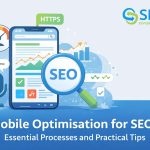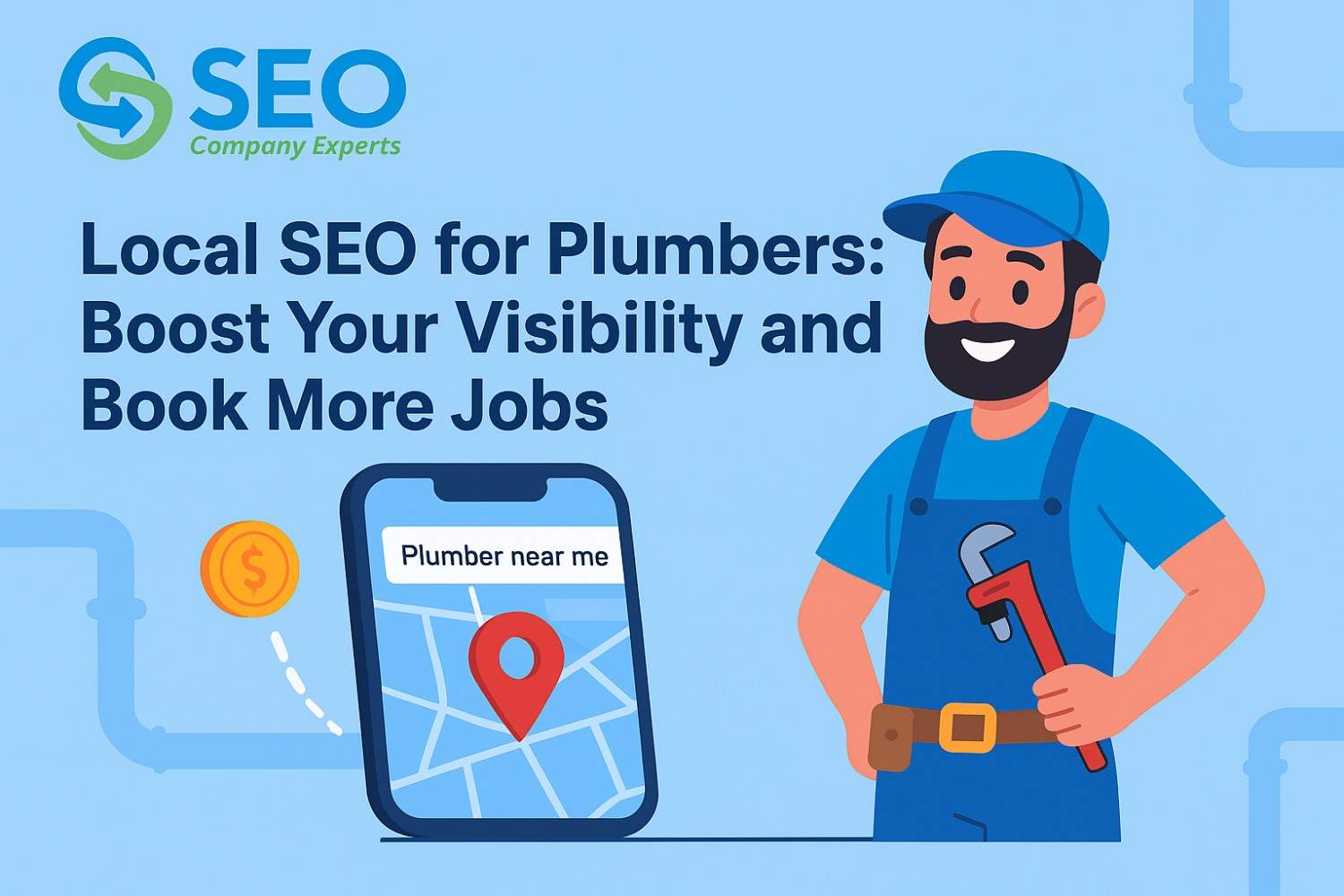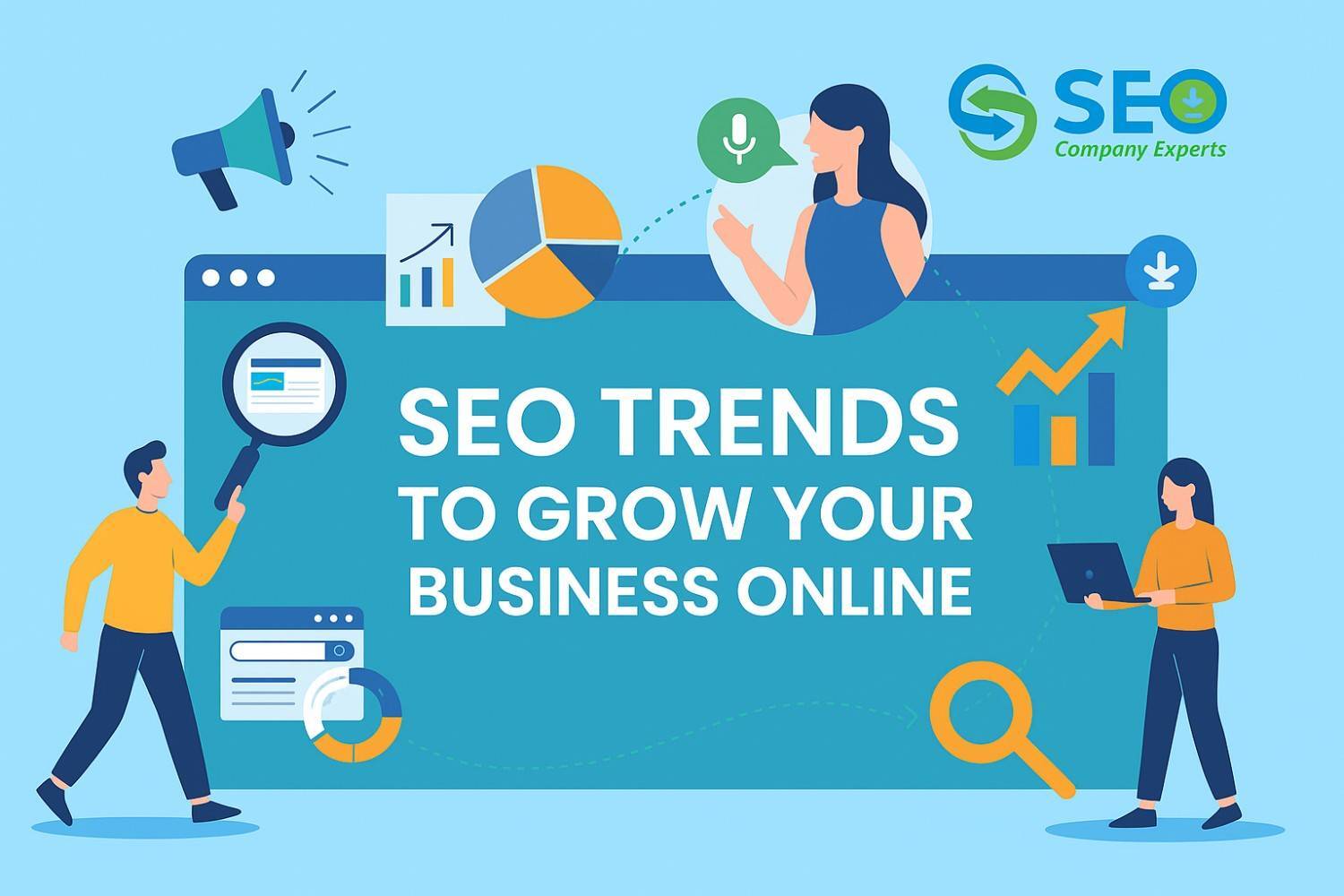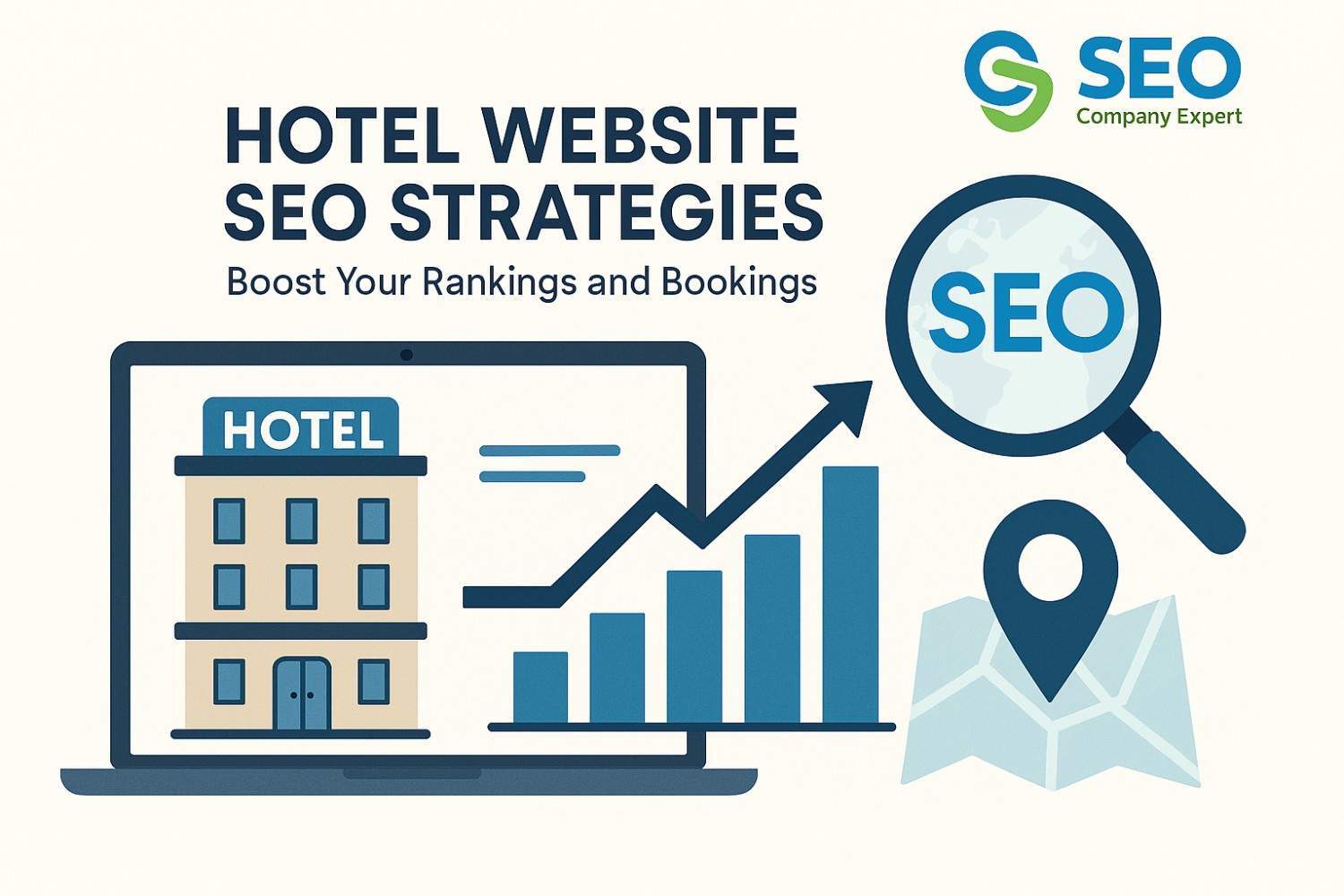
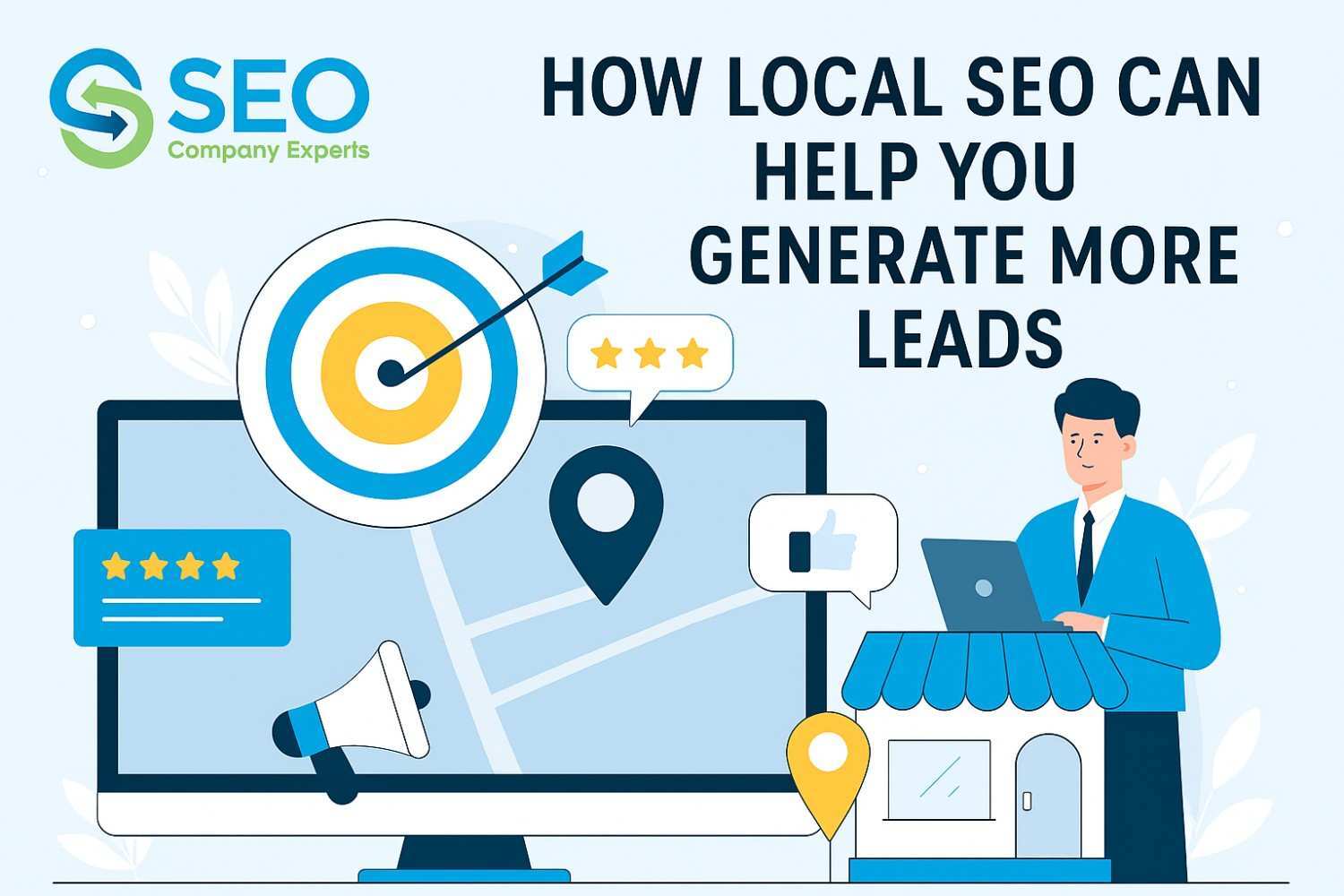
The way people search for businesses has changed drastically in recent years. Instead of flipping through a phonebook or relying on word of mouth alone, most customers now turn to Google to find local services. Whether they’re searching for the best restaurant near them, a nearby plumber, or a trusted dentist, search engines are the go-to source of information. For businesses, this means one thing if you’re not showing up in local search results, you’re missing out on valuable leads.
This is where Local SEO (Search Engine Optimization) becomes crucial. Local SEO is about optimizing your online presence so your business shows up in searches conducted by people in your area. By targeting your local audience, you can attract high-quality leads who are more likely to convert into paying customers. This article explores in detail how local SEO works, why it’s essential for lead generation, and how you can use it to grow your business.
Understanding SEO and the Role of Local SEO
What Is SEO?
Search Engine Optimization, or SEO, refers to the practice of improving a website’s visibility in organic search results on platforms like Google, Bing, or Yahoo. It involves a combination of on-page and off-page strategies, such as optimizing website content, improving technical performance, building backlinks, and providing a better user experience. The ultimate goal of SEO is to increase traffic and help websites rank higher for relevant keywords.
How Local SEO Differs
While general SEO is about improving visibility on a broader scale, Local SEO narrows the focus to specific geographic locations. This makes it especially important for small and medium-sized businesses that rely on local customers.
For instance:
- A national SEO campaign may help an online clothing store attract customers worldwide.
- A local SEO campaign, on the other hand, might help a neighborhood café rank for “best coffee shop near me” or “café in downtown Chicago.”
Local SEO includes strategies such as:
- Optimizing Google Business Profile (formerly Google My Business).
- Building local citations on directories like Yelp and Yellow Pages.
- Encouraging and managing customer reviews.
- Creating location-specific content that appeals to your community.
By focusing on local SEO, businesses can position themselves directly in front of customers who are ready to take action whether that means visiting your store, booking a service, or making a purchase.
Local SEO and Lead Generation
What Is Lead Generation?
Lead generation is the process of attracting and converting people who show interest in your business into potential customers. It often involves collecting their information (like email addresses or phone numbers) or encouraging them to take an action, such as booking a consultation or visiting a store.
Traditional SEO helps with lead generation by bringing traffic from across regions or even globally. However, these leads may not always be relevant if your business primarily serves a specific local area. That’s where local lead generation comes in.
How Local SEO Enhances Lead Generation
Local SEO strategies help you capture leads within your geographic target market. Instead of competing for visibility with large corporations on a global scale, you focus on the customers most likely to engage with your business.
For example:
- A home repair company in New York may not need website visitors from California.
- By optimizing for terms like “emergency plumber in Manhattan,” the company can attract people in its service area who need immediate help.
This makes local SEO one of the most efficient and cost-effective ways to generate qualified leads.
Benefits of Local SEO for Businesses
Investing in local SEO offers both immediate and long-term benefits. Beyond simply boosting your rankings, it builds credibility, brand awareness, and stronger connections with your community.
Increased Online Visibility
When your business appears in local searches and Google Maps, it becomes easier for potential customers to find you. This visibility translates into more inquiries, store visits, and sales.
Higher Search Rankings
Local SEO strategies, such as optimizing Google Business Profile and building local citations, help businesses rank higher in “near me” searches. Appearing in the coveted Google Local Pack (the top three results with a map) significantly increases your chances of attracting customers.
Stronger Brand Awareness
When customers consistently see your business in local search results, it builds trust and recognition. Even if they don’t convert immediately, they’re more likely to remember your brand in the future.
More Qualified Leads
Local SEO brings in people who are actively looking for your products or services within your area. This targeted approach increases the chances of converting them into paying customers.
Improved Conversion Rates
Proximity matters. A person searching for “Italian restaurant near me” is likely hungry and ready to dine out. By appearing in those results, your business connects with customers when they’re most likely to convert.
Cost-Effective Marketing
Compared to traditional advertising methods like billboards or print ads, local SEO delivers better ROI. It focuses on people who are already searching for your services, reducing wasted spend.
Measurable Results
With tools like Google Analytics, Google Search Console, and Google Business Profile Insights, you can track how many people visit your site, call your business, or request directions. This makes it easy to measure the effectiveness of your efforts.
How to Optimize Your Website for Local SEO
Optimizing your website for local SEO requires a mix of technical improvements, content strategies, and ongoing engagement with your audience.
Ensure NAP Consistency
Your Name, Address, and Phone Number (NAP) should be identical across your website, Google Business Profile, and online directories. Inconsistent information confuses both customers and search engines.
Create Localized Content
Write blogs and service pages that include location-specific keywords. For example, instead of “roof repair,” use “roof repair in Dallas.” This helps search engines understand your relevance to a specific area.
Optimize Metadata
Page titles and meta descriptions should include your city or region. For instance: “Affordable Wedding Photography in Austin, TX.”
Use Structured Data (Schema Markup)
Adding schema helps search engines interpret details about your business, such as operating hours, reviews, and location.
Claim and Optimize Your Google Business Profile
Your Google Business Profile is one of the most powerful tools for local SEO. Keep it updated with:
- Accurate business hours.
- Photos of your products or services.
- Regular updates and posts.
- Responses to customer reviews.
Build Local Citations
List your business on directories like Yelp, Yellow Pages, and industry-specific sites. The more consistent mentions you have, the stronger your local authority.
Collect and Manage Customer Reviews
Positive reviews influence both search rankings and customer trust. Encourage happy customers to leave feedback and always respond professionally to reviews.
Improve Website Speed and Mobile Responsiveness
Most local searches happen on smartphones. A fast-loading, mobile-friendly site ensures customers stay engaged and don’t leave in frustration.
Create Location-Specific Landing Pages
If your business serves multiple areas, create dedicated landing pages for each location. This improves relevance and helps capture leads in each area.
Build Local Backlinks
Partner with local bloggers, newspapers, and organizations to earn high-quality backlinks that boost your authority.
Creating Local Content That Resonates
Content is the backbone of any SEO strategy, and local content makes your business relatable to nearby audiences. It helps you stand out as more than just a business—you become part of the community.
Here’s how you can create effective local content:
- Write blog posts about community events, local news, or seasonal activities.
- Showcase customer success stories or testimonials from nearby clients.
- Answer frequently asked questions that locals might have about your services.
- Highlight special offers, promotions, or seasonal deals available in your area.
Tips to Generate More Leads with Local SEO
Local SEO works best when you apply a combination of strategies consistently. Here are practical ways to maximize lead generation:
Optimize Google Business Profile
Keep your profile up to date with promotions, posts, and photos. Engaging with your audience here builds credibility and trust.
Target Location-Specific Keywords
Use keywords like “near me” or city-specific phrases in your content. These capture high-intent searches.
Build Local Backlinks
Reach out to local newspapers, bloggers, and organizations for partnerships and backlinks. This strengthens your authority in your area.
Encourage and Manage Reviews
Reviews act as social proof. Ask happy customers to leave reviews, and always reply to feedback positive or negative.
Create Local Landing Pages
If you operate in multiple areas, create a page for each city or neighborhood. Tailored content makes your business more relevant to different audiences.
Participate in Local Events
Attend or sponsor community events to boost brand recognition both online and offline.
Run Geo-Targeted Ads
Use Facebook Ads and Google Ads to target customers within a specific radius of your business. This helps you reach people most likely to visit.
Common Local SEO Mistakes to Avoid
Even with the right intentions, businesses often make mistakes that hurt their local SEO efforts. Avoid these pitfalls:
- Inconsistent NAP information across platforms.
- Ignoring or failing to update Google Business Profile.
- Not responding to customer reviews.
- Overstuffing keywords in content.
- Neglecting mobile optimization.
- Forgetting to track performance and measure ROI.
Measuring the Success of Local SEO
Local SEO isn’t something you set up once and forget it requires ongoing tracking and adjustments. To measure success, monitor:
- Website traffic from local searches.
- Keyword rankings for location-based queries.
- Leads generated through calls, forms, or store visits.
- Conversion rates of local visitors.
- Growth in customer reviews and online engagement.
Google Analytics, Google Search Console, and Google Business Profile Insights are invaluable tools for this process.
The Future of Local SEO
As search behavior evolves, local SEO will continue to grow in importance. Trends shaping its future include:
- Voice search – More people are using voice assistants to search for local services.
- Mobile-first indexing – Google prioritizes mobile-friendly websites.
- AI-driven personalization – Search engines are delivering results tailored to individual preferences.
- Zero-click searches – Local businesses must optimize to appear in featured snippets and Google Maps without requiring users to click through.
Businesses that adapt to these trends early will stay ahead of competitors.
Conclusion
Local SEO is no longer optional; it’s a necessity for businesses that want to attract nearby customers and generate quality leads. By optimizing your online presence, creating locally relevant content, and engaging with your community, you can build trust, improve visibility, and drive long-term growth.
If you want to maximize your results, consider partnering with professionals. A trusted agency like SEO Company Experts can help tailor strategies that align with your goals, giving you the edge in an increasingly competitive local market.
